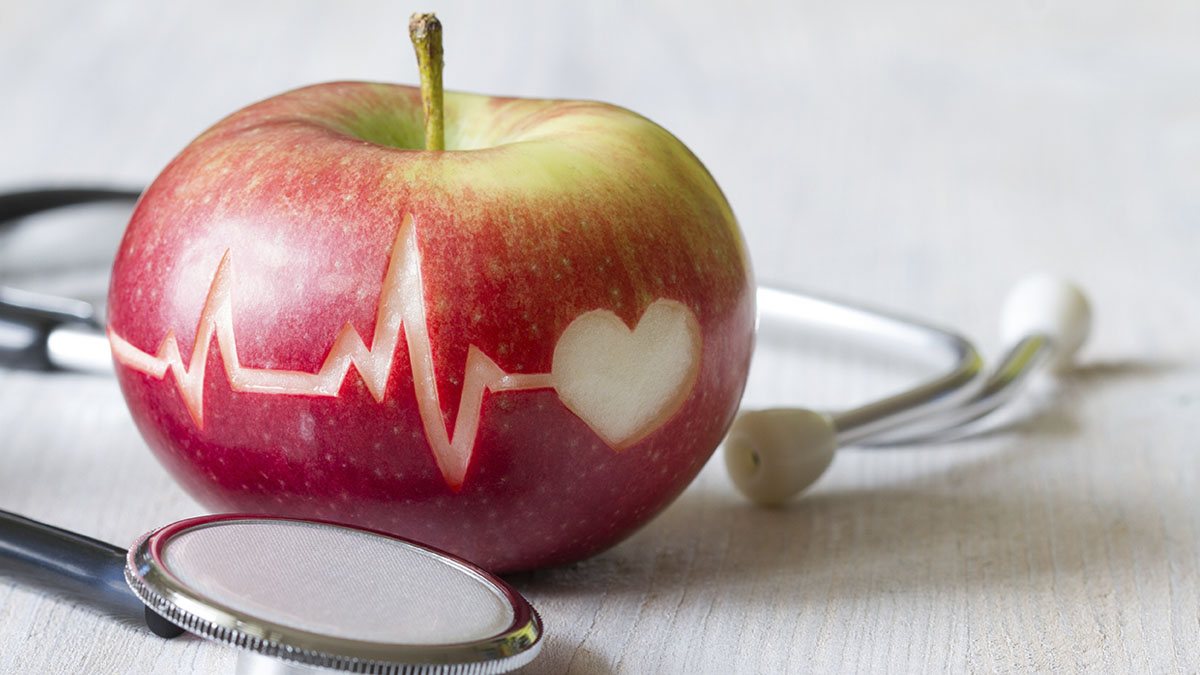Preventive healthcare is a cornerstone of maintaining overall wellness and reducing the burden of disease in our lives. Regular check-ups and vaccinations are essential components of preventive care that play a crucial role in identifying and preventing health issues before they become serious. In this article, we will explore the significance of preventive healthcare and how check-ups and vaccinations contribute to our well-being.
The Importance of Preventive Healthcare
Preventive healthcare focuses on identifying and addressing risk factors and potential health problems to prevent their development or progression. It is a proactive approach to wellness that aims to maintain health and avoid illness. The significance of preventive healthcare can be understood through the following points:
- Early Detection: Regular check-ups and screenings can detect health issues at an early stage when they are more manageable and have a better prognosis.
- Reduced Health Care Costs: Preventive care can help reduce the overall cost of healthcare by avoiding expensive treatments for advanced diseases.
- Quality of Life: By identifying and managing risk factors early, preventive healthcare can enhance the quality of life and reduce suffering associated with chronic diseases.
- Longevity: Preventive healthcare can contribute to a longer, healthier life by reducing the risk of diseases that can significantly impact lifespan.
The Role of Check-Ups in Preventive Healthcare
Regular health check-ups, often recommended on an annual or periodic basis, provide several key benefits:
- Early Disease Detection: Routine check-ups can identify health issues such as high blood pressure, high cholesterol, or diabetes before they progress to more severe conditions.
- Preventive Screenings: Screening tests, like mammograms and colonoscopies, can detect cancer at an early, more treatable stage.
- Vaccination Updates: Check-ups provide an opportunity to update vaccinations, protecting against preventable diseases.
- Risk Factor Assessment: Healthcare professionals can assess your lifestyle, family history, and other risk factors during check-ups to provide personalized health recommendations.
- Health Education: Check-ups are an opportunity to discuss lifestyle choices and receive guidance on diet, exercise, and overall health.
The Role of Vaccinations in Preventive Healthcare
Vaccinations are one of the most effective ways to prevent certain diseases and infections. Here’s why vaccinations are crucial:
- Disease Prevention: Vaccines help protect individuals and communities from contagious diseases like measles and mumps.
- Herd Immunity: Widespread vaccination can create herd immunity, which means that a significant portion of the population is immune, reducing the spread of diseases even among those who can’t be vaccinated.
- Reduced Disease Burden: Vaccinations have led to the decline and near-elimination of many serious diseases, improving overall public health.
- Safety: Vaccines undergo rigorous testing for safety and efficacy, making them a reliable form of disease prevention.
- Long-Term Health: Vaccinations can protect against diseases that might have severe long-term health consequences.
Preventive healthcare, which includes regular check-ups and vaccinations, is an essential aspect of maintaining overall wellness. These practices not only help detect and prevent health issues but also contribute to healthier, longer lives. By embracing a proactive approach to health, individuals can enjoy the benefits of early disease detection, reduced healthcare costs, and an improved quality of life. Regular check-ups and staying up-to-date with vaccinations are critical steps in the journey toward a healthier, more vibrant life. Remember that prevention is always better than cure.


